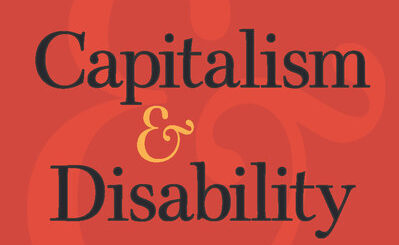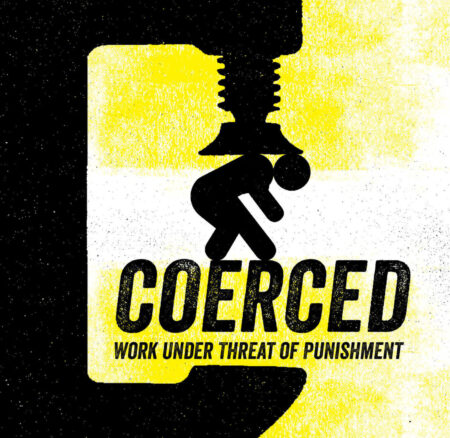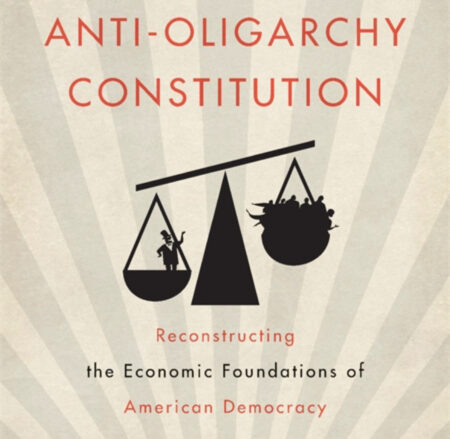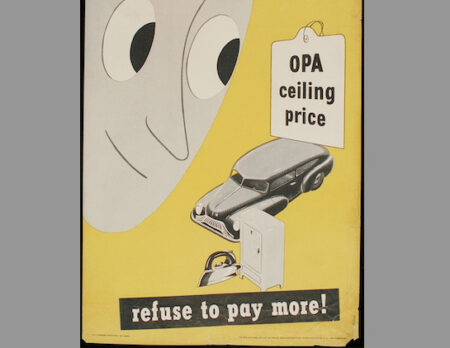
The Reactive Model of Reasonable Accommodation
The concept of reasonable accommodations at the heart of the ADA severely undercuts the efficacy of the law. Employers, public entities, and private businesses are allowed to ignore the inaccessible nature of their programs or activities until an individual with a disability seeks (or begs) for access. This reactive, individualized model does little to prevent mass-produced inaccessibility.







